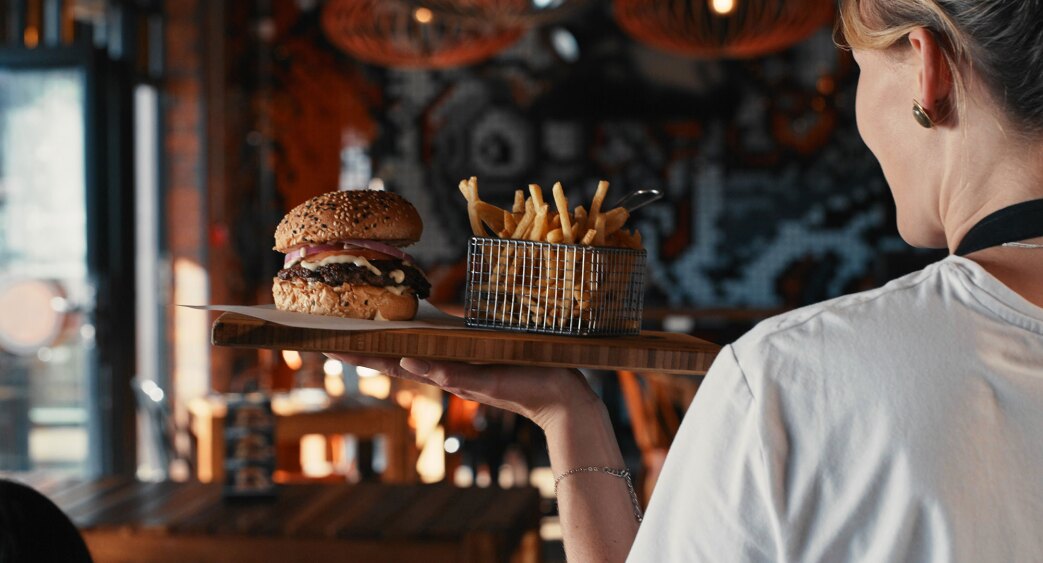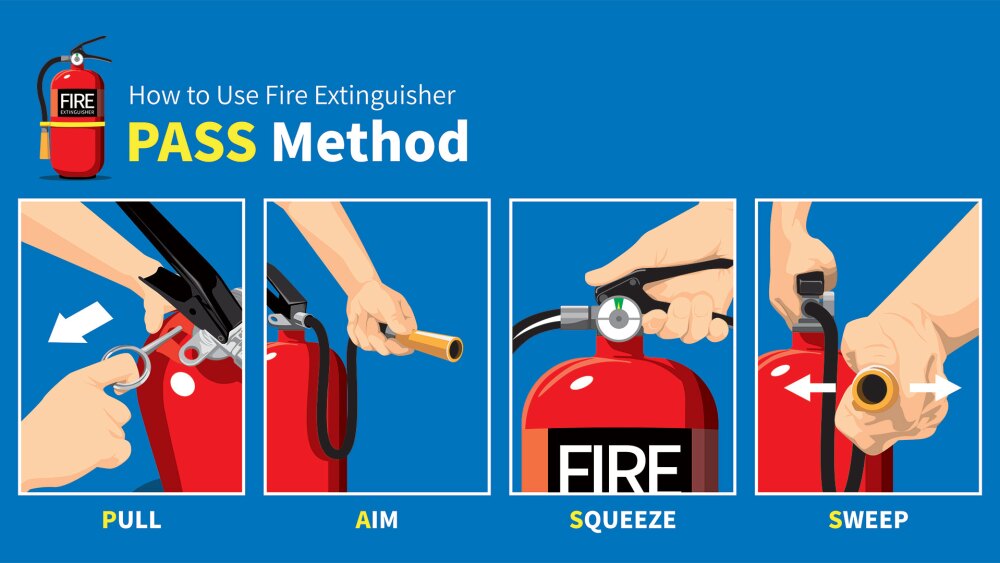Commercial kitchen and restaurant fire safety tips
These safety tips will help keep your restaurant, employees, and customers protected.
Commercial kitchens are the number one root cause of restaurant fires. Protecting your building from kitchen fires will protect you, your employees, your customers, your property, and help reduce the potential of loss of business.
Sprinkler and fire detection systems
If your building is equipped with a sprinkler system, the sprinkler system should be maintained and serviced on an annual basis by a certified sprinkler contractor. If your business is a tenant in a mall, strip mall, or multi-tenant building, it is the building owner’s responsibility to ensure the sprinkler system is serviced annually. If your building does not have a sprinkler system or is not required to have one, fire detection systems and smoke detection systems should be installed and properly maintained.
Fire extinguishers
Portable fire extinguishers should be properly located along the means of egress adequately throughout the restaurant facility. There are five classes of fire extinguishers:
- Class A: Ordinary combustibles
- Class B: Flammable liquids
- Class C: Energized electrical equipment
- Class D: Combustible metals
- Class K: Cooking media
A class K fire extinguisher should be placed in an easily accessible location in the kitchen. NEVER use a class A, B, or C fire extinguisher on a kitchen fire – the dry chemicals used by these classes of fire extinguishers are unable to sufficiently cool down the cooking oils and grease to prevent them from reigniting.
Fire extinguishers should be serviced and maintained annually by a certified fire extinguishing company. A service tag with the month and date should be placed on fire extinguishers, as well as reviewed and checked-off monthly by the kitchen staff.
Commercial cooking equipment
Cooking equipment in restaurants produce grease-laden vapors, and needs to be maintained regularly to help avoid fires. Below is the inspection schedule recommend by the National Fire Protection Association (NFPA).
Inspect monthly
Systems serving solid fuel cooking operations
Inspect quarterly
Systems serving high-volume cooking operations, such as 24-hour cooking, charbroiling, or wok cooking
Inspect semi-annually
Systems serving moderate-volume cooking operations
Inspect annually
Systems serving low-volume cooking operations, such as churches, day camps, seasonal businesses, or senior centers
Additional safety tips to protect your restaurant include:
- Suppression systems should be UL 300 listed type systems, and a wet chemical suppression agent should be used
- Suppression nozzles should be placed over each cooking appliance
- Suppression nozzle caps should be secured on the nozzles to help reduce grease build-up as this can block the nozzles from dispersing the agent in the event of a fire
- Suppression systems should be cleaned on a semi-annual basis by a qualified servicing contractor
- Cleaning the kitchen baffle filters at a minimum of every week
- Mesh filters should be replaced with baffle style filters as mesh filters are prone to grease build-up
- Keeping a 16” clearance, or an 8” baffle, between grease-producing equipment and open flames (i.e. deep fat fryers and burners)
- The equipment’s service/maintenance certificates should be displayed in the kitchen to show the most recent date of the inspection and cleaning
- Lights should be protected with fire-proof globes
- All employees should be properly trained on the safety procedures when working around cooking and grease-producing equipment
For more information, the standard for Fire Protection and Commercial Cooking Operations can be found under NFPA 96.
Is your restaurant safe?
Use these questions to help identify possible safety risks in your commercial kitchen.
- Is there an evacuation plan in place?
- Are employees properly trained on procedures and kitchen safety?
- Do employees know where the pull station is for the suppression system?
- Are exits properly marked?
Following the guidelines above and developing a safety plan will help protect your customers, your employees, your business, and your property.




